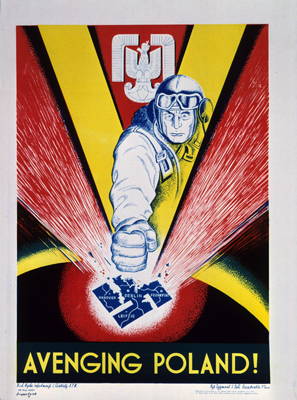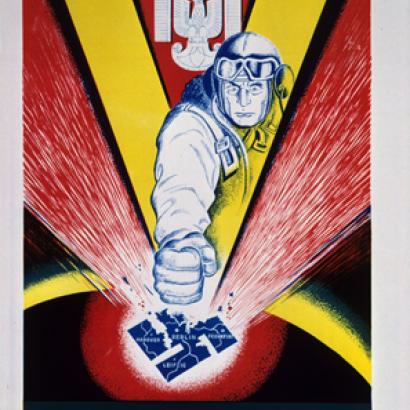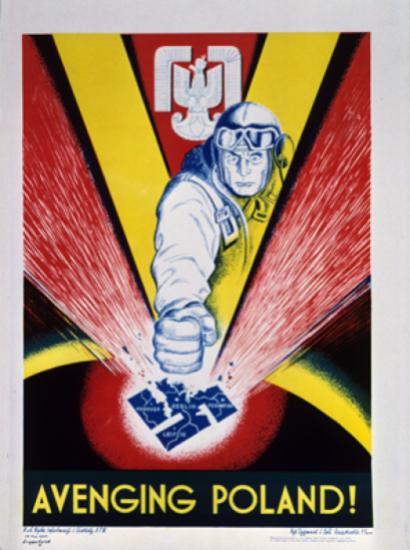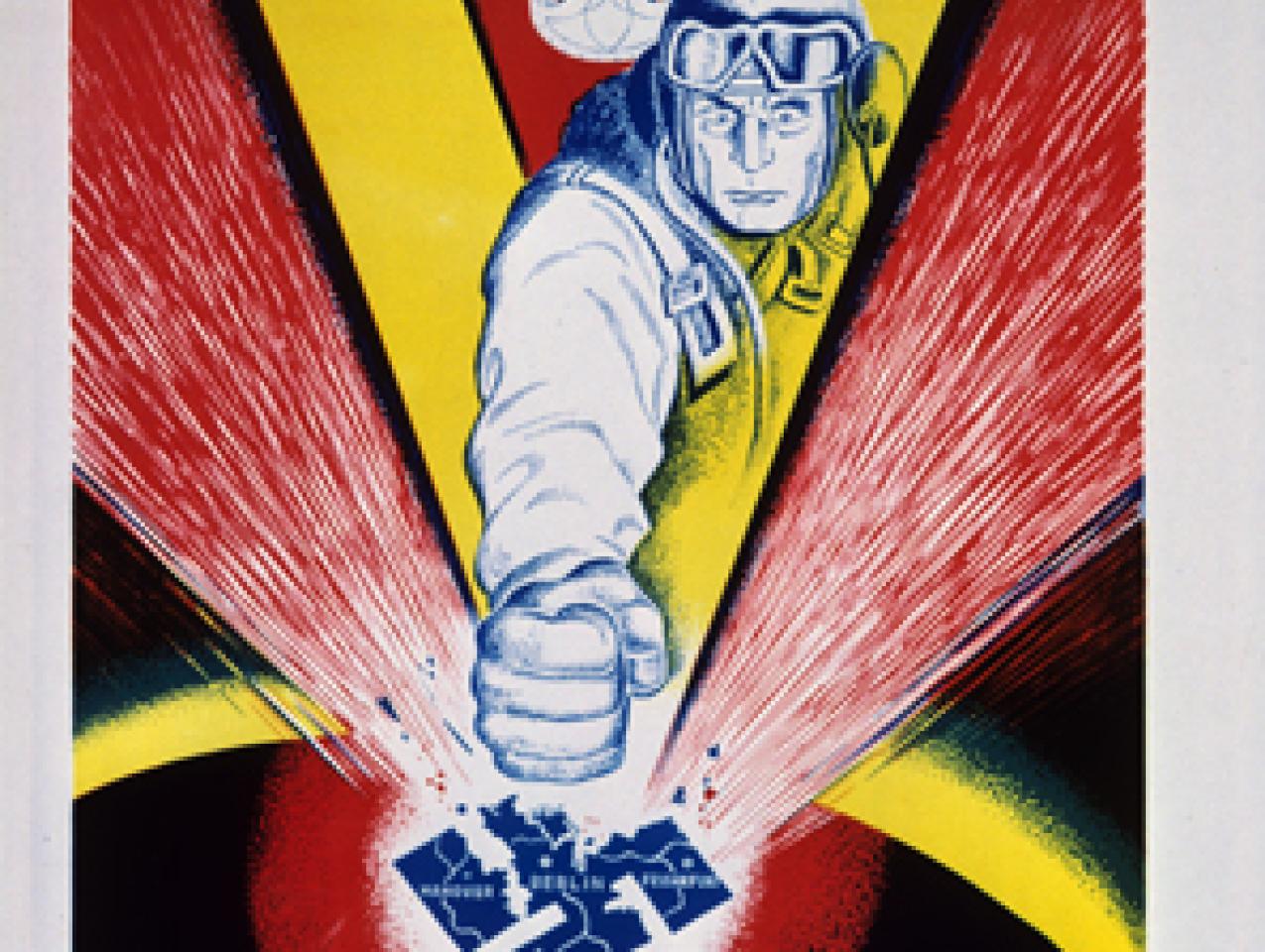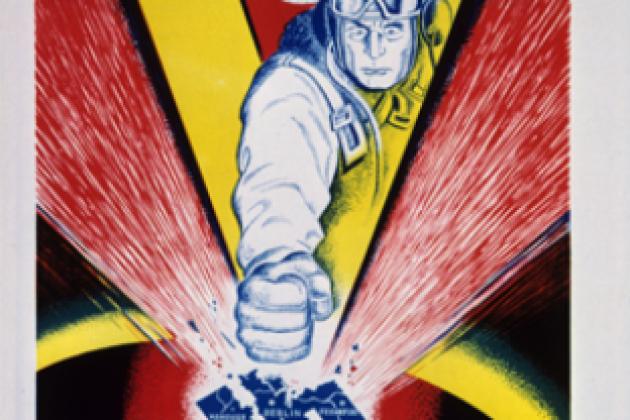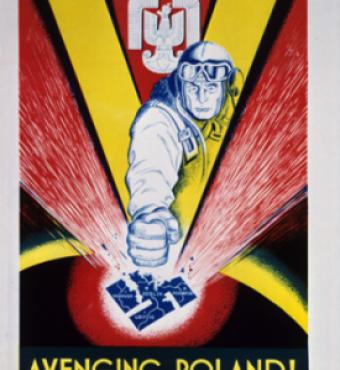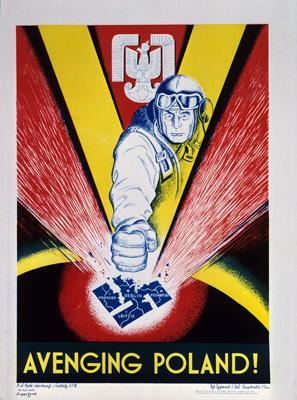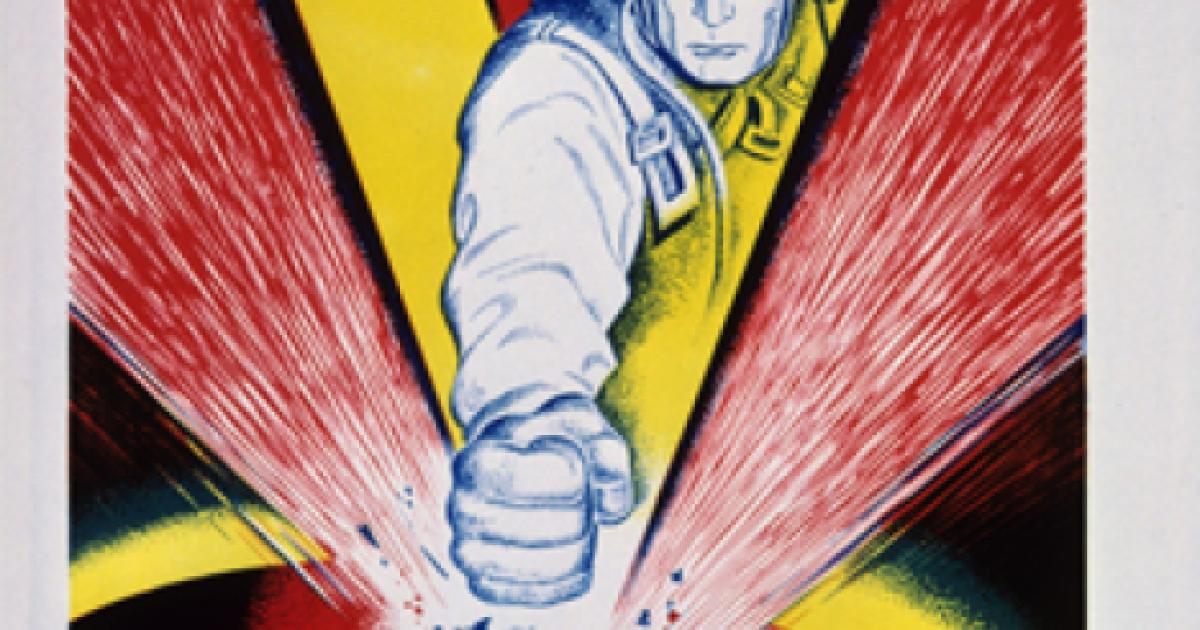- History
- Military
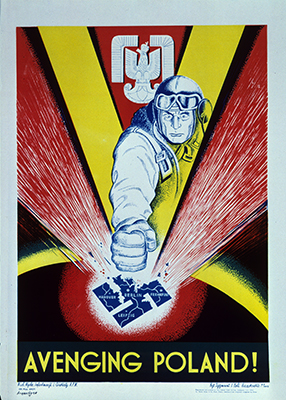
Self-determination for countries that had been occupied by Nazi Germany—Poland in particular—was foremost of the common objectives to which President Franklin Roosevelt and Prime Minister Winton Churchill committed on August 14, 1941 after meeting on the British battleship Prince of Wales off Newfoundland. Germany’s invasion of Poland had been the reason why Britain had declared war. Restoring Poland’s freedom was the war’s first-order objective. The Soviet Union’s 1939 partnership with Germany in that invasion and, by August 1941, its alliance with Britain, added a layer of difficulties. Had Churchill and Roosevelt known of the Soviets’ massacre of Polish officers in the Katyn Forest to clear the way for subjection of the country, they would have had a clearer idea of them. Nevertheless, in August 1941, their “Atlantic Charter” may well have been a sincere commitment.
As Stalin insisted on his puppet Polish government’s legitimacy during the ensuing three years, they soft-pedaled their commitment, if only to postpone confronting the opposite purposes of a Soviet ally that enjoyed geographic advantage. Moreover, Roosevelt especially had so oversold to Americans the degree of compatibility between Stalin and the West as to make facing reality a painful prospect.
On August 1, 1944, however, Poland’s underground Home Army, 250,000 strong, rose in Warsaw and fought the Germans with typical heroism. The Soviet armies halted their forward move six miles from the city, allowing the Germans to finish off the bravest of the brave, thus finishing what they had started in the Katyn Forest. The Warsaw rising forced Roosevelt and Churchill to come to terms with the Atlantic Charter’s commitment.
Unable to persuade Stalin to help the Poles, Roosevelt believed that he had negotiated landing rights on Soviet-occupied territory for American aircraft that would paradrop supplies to the embattled Poles. This was to be “Operation FRANTIC.” This is how the official history of U.S air forces describes what happened next:
“…at this point the course of events took a dismaying turn. Russian officials suddenly denounced the Warsaw forces as reckless adventurers who had risen prematurely and without Soviet incitement and refused to permit a FRANTIC operation on behalf of Warsaw. Strong pressure from the American and British ambassadors failed to alter the Soviet attitude, as also did an appeal from President Roosevelt and Prime Minister Churchill. The British, employing the Italy-based RAF 205 Group with volunteer aircrews, between 14 August and 16 October sent seven exceedingly difficult and costly relief missions to drop supplies by night. …some high-ranking officers in USSTAF were of the opinion that further insistence on supply-dropping could only endanger Russo-American relations with no other effect. By early September the situation had become so tragic, however, that the western Allies renewed their appeals for a FRANTIC mission to Warsaw. The Russians gave their approval on 11 September …The only American mission of this nature… was carried out by the Eighth Air Force on 18 September. One hundred and seven B-17’s circled the area for an hour and dropped 1,284 containers with machine-gun parts, pistols, small-arms ammunition, hand grenades, incendiaries, explosives, food, and medical supplies. … it was later known that only 288, or possibly only 130, of the containers fell into Polish hands. The Germans got the others.”
George F. Kennan’s memoirs reveal that, as the Soviet-American exchanges over the Warsaw Rising were taking place, he was advising the Roosevelt administration from Moscow that the time had arrived when Americans needed Stalin far less than Stalin needed the Americans and that hence Roosevelt should present him with the prospect of finishing the war without American equipment.
Roosevelt could have dared Stalin physically to stop American aircraft from landing on Soviet controlled airstrips, or to prevent their refueling and return. The U.S air assistance to the Poles could have included bombing of German lines as well as supply. But, as it happened, Roosevelt taught Stalin what little concern he had to have for America.
In our time, our government rotates a brigade-sized element from the U.S to Poland, to strengthen the sense among Ukrainians, Balts, and Poles that America will not abandon them to Russian political and paramilitary pressures. It is by no means clear that current U.S officials have thought through what they would do were their commitment challenged, any more than had their predecessors in 1941. In May, 2018 these troops held a major exercise with those of local countries. But there is as much difference between exercises and operations of war as there is between shows of force and force.







